The Long Shadow is the first comprehensive examination of the roles and implications of nuclear weapons in the post-cold war security environment, focusing on a broadly defined Asian security region. It investigates the strategies for the employment of nuclear weapons, and the consequences for security and stability in a dramatically altered strategic landscape, and a substantially different nuclear environment.
The canvas of study includes the six nuclear weapon states–China, India, Israel, Pakistan, Russia, and the US; several nuclear weapon-capable states–Japan, South Korea, and Taiwan; and the aspirants–Iran and North Korea.
A key conclusion of the study is that nuclear weapons influence national security strategies in fundamental ways; and that deterrence continues to be the dominant role and strategy for the employment of nuclear weapons. It further infers that although there could be destabilizing situation, on balance nuclear weapons have reinforced security and stability in the Asian security region.
As nuclear weapons will persist in the foreseeable future, it is important to re-examine 'old' ideas, concepts, and strategies, and develop 'new' ones relevant for the contemporary era. In line with this, the global nuclear order should be constructed anew based on present realities.
This volume would be of interest to scholars and students of international relations, disarmament, strategic studies and conflict management, and area studies. Defence experts, diplomats, and policymakers would find it informative.

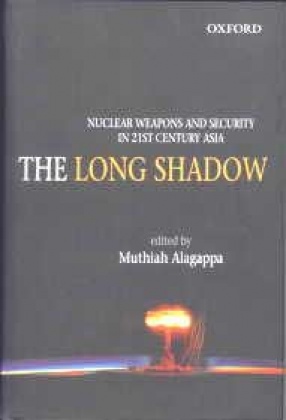
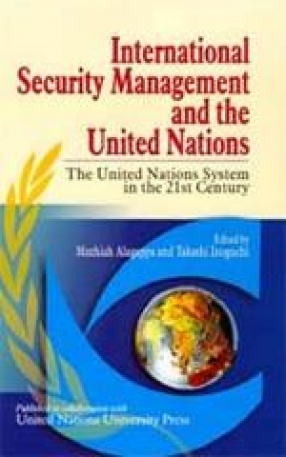
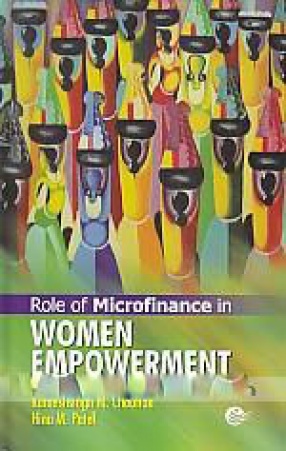
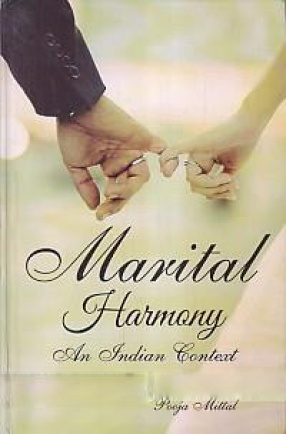
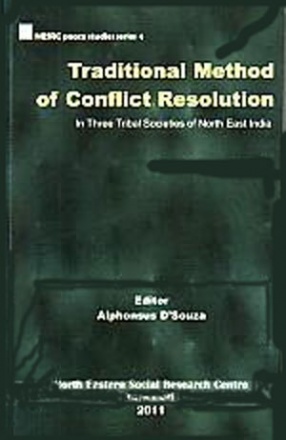
There are no reviews yet.